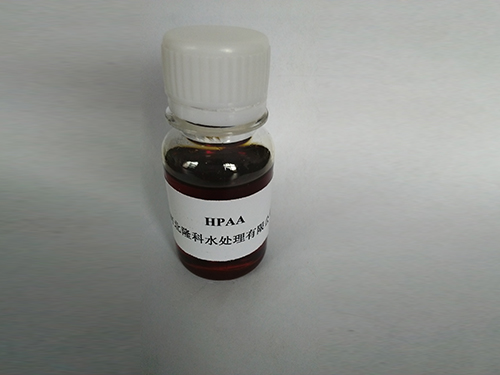limescale inhibitor
Limescale Inhibitors Understanding Their Role in Water Treatment
Limescale is a common problem in many households, particularly in areas with hard water. The mineral deposits, primarily composed of calcium carbonate, accumulate over time, leading to various issues such as reduced efficiency of appliances, clogs in pipes, and increased energy bills. Fortunately, limescale inhibitors have emerged as a practical solution to combat this problem, making them an essential topic in the realm of water treatment.
What is Limescale?
Limescale forms when hard water, which is rich in minerals like calcium and magnesium, evaporates or is heated. This process results in the precipitation of these minerals, leaving behind solid deposits. These deposits can accumulate in kettles, boilers, and pipes, leading to decreased efficiency and potentially damaging appliances. Beyond appliances, limescale can also flatten the flow of water in pipes, creating uneven water pressure and increasing the likelihood of leaks.
Understanding Limescale Inhibitors
Limescale inhibitors are substances that prevent or reduce the formation of limescale in water systems. They function primarily through two methods crystallization and sequestration. Crystallization inhibitors work by changing the crystal growth of minerals, causing them to form smaller, non-adherent particles that can flow freely through the plumbing system instead of forming hard deposits. On the other hand, sequestration inhibitors bind with calcium and magnesium ions, preventing them from reacting with carbonate ions to form scale.
There are several types of limescale inhibitors available on the market. Some of the most common include
1. Polyphosphate Inhibitors These compounds effectively prevent scaling by sequestering calcium and magnesium ions. They are often used in household water softeners and commercial applications.
2. Template-assisted Crystallization (TAC) Systems This method uses specialized media to encourage the formation of stable, non-scaling crystal forms of calcium carbonate, which can be easily flushed away.
3. Electronic Limescale Inhibitors These devices use electromagnetic waves to alter the physical properties of the minerals in the water. While the efficacy of these devices can be debated, some users report success in reducing scale buildup.
limescale inhibitor

4. Natural Inhibitors Some naturally occurring substances, such as citric acid, can inhibit limescale formation as well. These are often found in eco-friendly cleaning products and water treatment solutions.
Benefits of Using Limescale Inhibitors
The adoption of limescale inhibitors offers numerous benefits
. Firstly, they can significantly extend the lifespan of appliances that utilize water, such as dishwashers, washing machines, and boilers. By reducing the buildup of limescale, these systems can operate more efficiently, lowering energy consumption and ultimately saving money.Secondly, limescale inhibitors reduce maintenance efforts. Regular descaling of appliances and plumbing systems can be a time-consuming and sometimes costly task. By preventing limescale formation, households can reduce the frequency and urgency of these maintenance activities.
Moreover, using limescale inhibitors can improve water quality. Hard water often contains an unpleasant taste and feel, largely due to the mineral content. By mitigating the effects of hardness, inhibitors can lead to better tasting water and improved performance in cleaning tasks, such as laundry and dishwashing.
Considerations When Choosing a Limescale Inhibitor
While limescale inhibitors have many advantages, it is crucial to choose the right one for your specific situation. Factors such as water hardness levels, the type of plumbing system, and the presence of any existing scale buildup should be considered. Additionally, some inhibitors may require specific conditions or regular maintenance to be effective, so it’s essential to follow manufacturer guidelines closely.
Conclusion
Limescale inhibitors play an essential role in managing the challenges associated with hard water. By preventing scale formation, these substances not only protect water-using appliances and plumbing systems but also contribute to savings on energy bills and maintenance efforts. As the availability and technology behind limescale inhibitors continue to evolve, homeowners can find effective solutions tailored to their specific needs. Understanding and utilizing limescale inhibitors can lead to a more efficient, cost-effective, and enjoyable water usage experience.
-
Water Treatment with Flocculant Water TreatmentNewsJun.12,2025
-
Polymaleic AnhydrideNewsJun.12,2025
-
Polyaspartic AcidNewsJun.12,2025
-
Enhance Industrial Processes with IsothiazolinonesNewsJun.12,2025
-
Enhance Industrial Processes with PBTCA SolutionsNewsJun.12,2025
-
Dodecyldimethylbenzylammonium Chloride SolutionsNewsJun.12,2025





